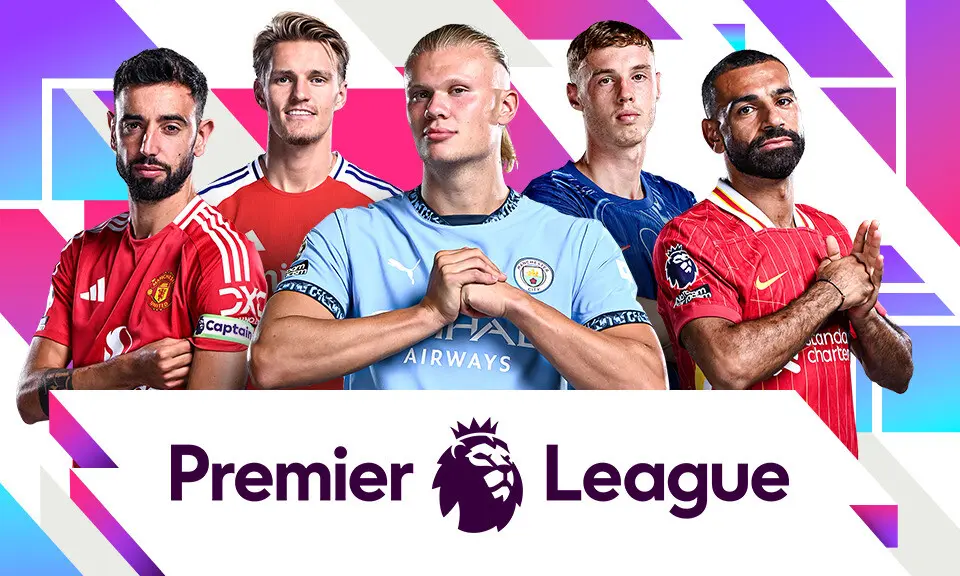
As Jürgen Klopp departs, Liverpool faces a critical turning point. Will they rebuild within or reset their approach to stay competitive in the league?
Liverpool After Klopp: Rebuilding or Resetting?
As the 2024/25 football season draws to a close, the departure of Jürgen Klopp from Liverpool signals the end of an era—an era defined by high pressing, Champions League triumphs, Premier League glory, and one of the most emotionally resonant connections between a manager and club in recent history. With Klopp’s exit, the pressing question for fans and analysts alike is: What comes next? Is Liverpool headed for a methodical rebuild or a dramatic reset?
This article explores the club’s current status, strategic options, potential successors, and the broader implications for the league and Aw8 Pro as a whole.
Klopp’s Legacy: A Hard Act to Follow
Jürgen Klopp arrived at Anfield in October 2015, promising to turn “doubters into believers.” Nine years later, he delivered much more:
- A Premier League title after a 30-year drought.
- A Champions League crown in 2019.
- Multiple finals, domestic trophies, and a globally admired playing philosophy.
More than silverware, Klopp rebuilt Liverpool’s identity—from midfield dynamism to gegenpressing intensity. He developed stars like Mohamed Salah, Trent Alexander-Arnold, and Andy Robertson while rekindling the club’s fear factor in the league and Europe.
State of the Squad in 2025
While Klopp’s tenure ends with respect and admiration, Liverpool’s squad faces a transitional phase:
1. Aging Core
Players like Virgil van Dijk (33), Jordan Henderson (now departed), and Salah (32) are no longer in their prime. Managing the physical decline while respecting their contributions will be key.
2. Youth Emergence
The likes of Harvey Elliott, Curtis Jones, Jarell Quansah, and Stefan Bajcetic are showing promise. The club must decide whether to build around them or recruit externally.
3. Midfield Overhaul in Progress
The exits of Fabinho, Henderson, and others have already initiated a midfield rebuild with Alexis Mac Allister, Dominik Szoboszlai, and Ryan Gravenberch—but consistency is yet to come.
Tactical Identity: Evolution or Reinvention?
Klopp’s intense pressing game became synonymous with Liverpool, but it’s also physically demanding. As the game evolves and teams like Manchester City embrace possession-based dominance with positional play, Liverpool now faces a choice:
- Maintain Klopp’s blueprint under a like-minded coach.
- Shift toward a more control-oriented model to adapt to modern league trends.
Successor Shortlist: Who Can Carry the Torch?
Replacing Klopp is less about resumes and more about compatibility with club culture, fan expectations, and tactical ambition. Some likely candidates include:
1. Xabi Alonso
The former Liverpool midfielder is thriving at Bayer Leverkusen. He brings an exciting tactical mind and deep club connection—a blend of familiarity and modern football intellect.
2. Roberto De Zerbi
The Brighton manager has won praise for building a proactive, pressing style. His approach could evolve Klopp’s foundations while instilling more structured build-up play.
3. Julian Nagelsmann
Young, dynamic, and tactically versatile, Nagelsmann could usher in a fresh era while preserving the club’s competitiveness at the top of the league.
Transfer Strategy: Resetting the Recruitment Model?
Michael Edwards’ return as sporting director could mark a turning point. Under his earlier leadership, Liverpool made key signings like Salah, Alisson, and Van Dijk. His return may signify a reset in strategy, emphasizing value signings and data-driven scouting.
Expect:
- A push for a marquee forward if Salah departs in 2025.
- Defensive reinforcement, especially at center-back.
- Continued investment in young, adaptable midfielders.
Fan Expectations and Club Culture
Liverpool fans are some of the most loyal and passionate in the world. They supported Klopp through thick and thin, and they will likely grant his successor time. However, expectations remain high. The club must stay competitive in the league and maintain its stature in European competitions.
Rebuild vs Reset: The Key Differences
| Factor | Rebuild | Reset |
|---|---|---|
| Core Squad | Tweaking existing personnel | Major overhaul and personnel changes |
| Manager Type | Like-for-like successor | New tactical and philosophical direction |
| Transfer Strategy | Strategic additions | Bold acquisitions, possibly higher risk |
| Short-term Goals | Top 4 finish, gradual progress | Immediate statement and shock therapy |
| Fan Patience Level | High, due to continuity | Mixed, depending on results |
Liverpool may adopt a hybrid strategy, blending continuity in youth development with calculated risk-taking in the market. This middle path could deliver both freshness and familiarity.
Implications for the Premier League
Klopp’s departure creates a power vacuum. While Manchester City remains dominant, clubs like Arsenal, Aston Villa, and Newcastle are on the rise. Liverpool must act swiftly to avoid slipping out of the elite tier. Their direction could shape the league’s competitive landscape over the next decade.
Furthermore, the post-Klopp transition could impact:
- TV ratings and global engagement (given Klopp’s charisma and popularity).
- Rivalries, especially against Pep Guardiola and City.
- Youth academy focus, with clubs watching how Liverpool handles its emerging talents.
Final Thoughts
Jürgen Klopp’s farewell marks both an ending and a beginning. Liverpool now faces a defining moment: will they rebuild gradually or reset decisively? The answer will determine not just their fate, but influence how other top clubs in the league evolve.
With smart leadership, bold vision, and a deep connection to its roots, Liverpool can emerge even stronger from this crossroads.
Support your club and your league during this exciting new chapter. Whether rebuilding or resetting, Liverpool remains a pillar of league excellence—follow the journey and stay connected to the heart of football.






